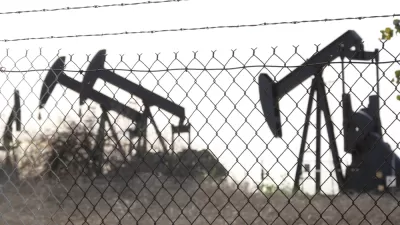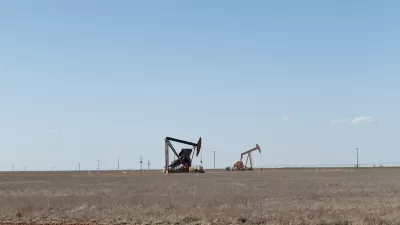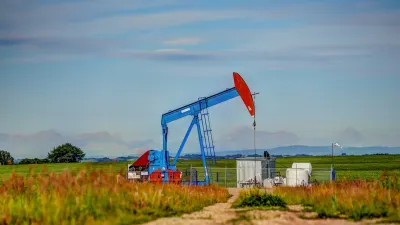The Well Done Foundation and U.S. Fish and Wildlife Service are partnering to plug over 110 orphan wells across four National Wildlife Refuges, restoring habitats, protecting ecosystems, and reducing methane emissions.

The Well Done Foundation (WDF), a national nonprofit dedicated to addressing orphaned oil and gas wells, has partnered with the U.S. Fish and Wildlife Service (USFWS) to restore critical habitats across four National Wildlife Refuges. Backed by a $19.2 million grant, this initiative will target over 110 orphan wells in refuges including Deep Fork and Sequoyah in Oklahoma, Hailstone in Montana, and Baskett Slough in Oregon. These efforts will protect visitors, subsurface and surface waters, wetlands, and sensitive ecosystems, highlighting a groundbreaking commitment to both environmental conservation and public safety.
WDF plans to conduct comprehensive surveys, implement erosion and spill controls, and perform methane and water quality testing before and after plugging wells. Additional activities include soil remediation, site restoration, and annual post-plug monitoring. This collaborative effort also aims to address broader environmental challenges by building partnerships with nonprofits, tribes, and educational institutions for training, workforce development, and volunteer programs, enhancing both public engagement and land stewardship.
The project continues WDF’s proven track record, with the organization plugging over 46 high-priority wells since 2019 and eliminating more than 1.5 million metric tons of methane emissions. By restoring these refuge lands, the collaboration reinforces the balance between natural ecosystems and human development, ensuring safer, healthier habitats for wildlife and visitors alike.

Alabama: Trump Terminates Settlements for Black Communities Harmed By Raw Sewage
Trump deemed the landmark civil rights agreement “illegal DEI and environmental justice policy.”

Planetizen Federal Action Tracker
A weekly monitor of how Trump’s orders and actions are impacting planners and planning in America.

The 120 Year Old Tiny Home Villages That Sheltered San Francisco’s Earthquake Refugees
More than a century ago, San Francisco mobilized to house thousands of residents displaced by the 1906 earthquake. Could their strategy offer a model for the present?

LA’s Tree Emergency Goes Beyond Vandalism
After a vandal destroyed dozens of downtown LA trees, Mayor Karen Bass vowed to replace them. Days later, she slashed the city’s tree budget.

Sacramento Leads Nation With Bus-Mounted Bike Lane Enforcement Cameras
The city is the first to use its bus-mounted traffic enforcement system to cite drivers who park or drive in bike lanes.

Seattle Voters Approve Social Housing Referendum
Voters approved a corporate tax to fund the city’s housing authority despite an opposition campaign funded by Amazon and Microsoft.
Urban Design for Planners 1: Software Tools
This six-course series explores essential urban design concepts using open source software and equips planners with the tools they need to participate fully in the urban design process.
Planning for Universal Design
Learn the tools for implementing Universal Design in planning regulations.
Ada County Highway District
Clanton & Associates, Inc.
Jessamine County Fiscal Court
Institute for Housing and Urban Development Studies (IHS)
City of Grandview
Harvard GSD Executive Education
Toledo-Lucas County Plan Commissions
Salt Lake City
NYU Wagner Graduate School of Public Service





























